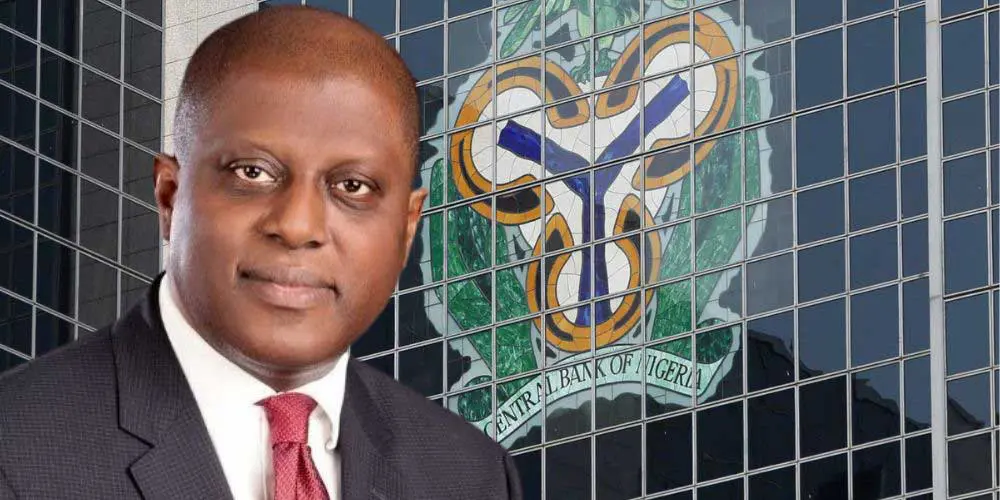Daud Olatunji
The Central Bank of Nigeria (CBN) has disclosed that Nigerians secured personal loans totaling N470 billion from banks in the last three months of 2024, reflecting a growing dependence on credit facilities amid economic challenges.
The figures were revealed in the Fourth Quarter 2024 Economic Report released by the apex bank.
According to the report, consumer credit outstanding rose by 11.06% to N4.72 trillion at the end of December 2024 from N4.25 trillion recorded at the end of September 2024.
A significant portion of this growth was attributed to the surge in personal loans, which increased by 21.27% to N3.82 trillion from N3.15 trillion in the preceding quarter.
This spike indicates that personal loans accounted for the bulk of consumer credit growth during the period.
Conversely, retail loans experienced a notable decline of 18.18%, falling to N0.90 trillion from N1.10 trillion at the end of September 2024.
The decline in retail loans suggests a shift in borrowing patterns, with individuals increasingly favoring personal loans over other forms of consumer credit.
The CBN report highlighted that personal loans constituted a dominant share of the consumer credit portfolio, accounting for 80.98%, while retail loans made up the remaining balance.
The increasing reliance on personal loans is indicative of prevailing economic conditions, where many Nigerians are turning to credit to meet essential financial needs.
Several factors may have contributed to this surge, including rising living costs, economic uncertainties, and increased accessibility to credit facilities from commercial banks.
The report suggests that many consumers are leveraging personal loans to cope with inflationary pressures and escalating expenses.
Despite this trend, the CBN noted that borrowing has become more expensive due to the prevailing high-interest rate environment.
Throughout 2024, the apex bank maintained a tight monetary policy stance, driven by persistent inflationary pressures.
The Monetary Policy Committee (MPC) implemented multiple rate hikes, raising the Monetary Policy Rate (MPR) by 875 basis points to 27.50% by the end of the year.
The surge in personal loans coincided with rising inflation in Nigeria, which reached 34.80% in December 2024, up from 34.60% in November.
This was primarily driven by increased festive season demand, particularly for food and non-alcoholic beverages.
As a result of the high MPR, commercial banks raised interest rates on personal loans, making borrowing costlier for individuals.
Nonetheless, the sustained demand for personal loans underscores the financial struggles faced by many Nigerians and the crucial role that bank loans play in household financial management.
With liquidity constraints affecting commercial banks, many have turned to short-term commercial papers to meet funding needs.
This trend signals tightening financial conditions, which could further impact lending rates in the coming months.
The growing dependence on personal loans amid economic uncertainties raises concerns about debt sustainability for individuals and households.
If inflationary pressures persist and interest rates remain high, borrowers may struggle with repayment obligations, leading to potential defaults and financial strain.
Do you want to share a story with us? Do you want to advertise with us? Do you need publicity for a product, service, or event? Contact us on WhatsApp +2348183319097 Email: platformtimes@gmail.com
We are committed to impactful investigative journalism for human interest and social justice. Your donation will help us tell more stories. Kindly donate any amount HERE




